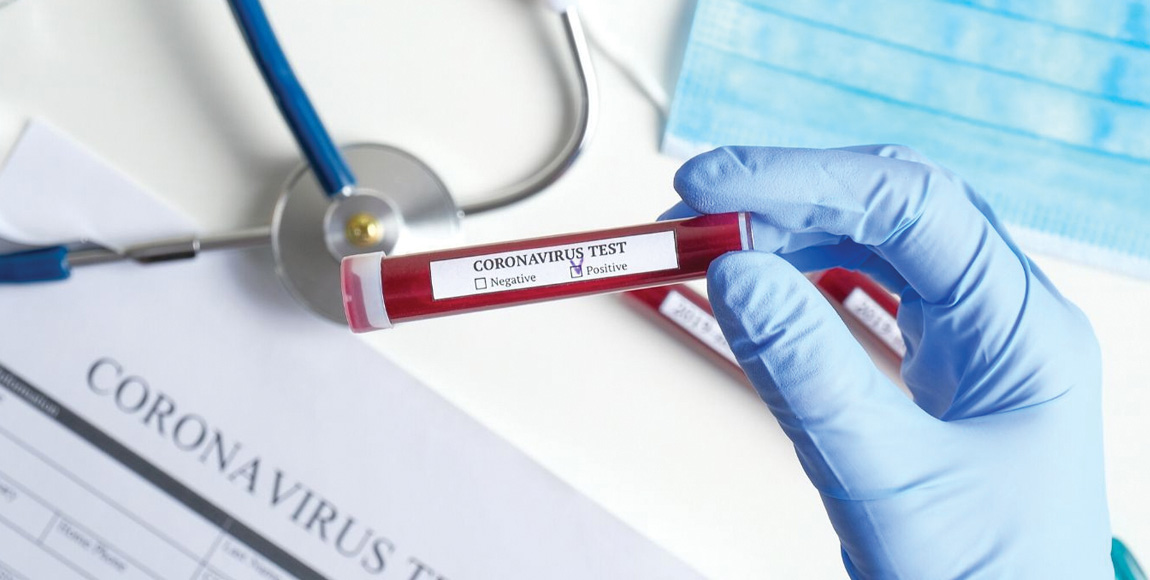If we fail, our country dies

As I write this story, there are 230 051 confirmed coronavirus cases worldwide and 9 388 deaths. South Africa’s infection rate – at 150 – still seems quite small (thank goodness). I have heard lots of hysterical rantings and I’ve encountered lots of panic-stricken people. Amid all this hysteria, one thing is missing: no one is talking about the importance of our industry
Until now. I’m going to talk about how important and how utterly invaluable our industry is right now. If we don’t stand together and “deliver the goods”, chaos will ensue!
In light of the Covid-19 pandemic, Finance Minister Tito Mboweni has said that all efforts should be geared towards ensuring that the already weak domestic economy “does not grind to a halt”.
I concur (although I’m not really seeing any efforts being made, to be honest). However, closer to home, I think it’s utterly essential for us to band together as an industry and – quite frankly – do our jobs.
Let me explain. As thousands of people start self-isolating or avoiding all social contact, online shopping will grow. Those goods will need to be delivered by trucks or vans. So, too, will the respirators that we order from goodness-knows-where. The trillions of hand sanitisers and masks will require transport. So, too, will the medical supplies for those people who are hospitalised or are recovering at home.
It is going to be up to the van and truck suppliers to ensure that they can deliver. The National Association of Automobile Manufacturers of South Africa (Naamsa) has said that all local original equipment manufacturers “will continue to work very closely with their supply chain component manufacturers and partners to monitor developments locally and globally”.
It maintains that there are currently no planned disruptions to any manufacturing lines across the country. When it comes to the truck plants, we hope that this is a situation that continues. Of course, it will be up to the local councils (God help us) to ensure that the new vehicles are registered and declared roadworthy.
When new products aren’t available (and we suspect that this could be the case), it will be up to the vehicle hire companies to ensure that they will be able to meet customer demand.
Truck and van drivers face a massive challenge; they cannot work from home. Coincidentally, Vic Oliver wrote about driver health long before the coronavirus pandemonium hit town. (You can find his article on page eight of this issue.) What are companies doing to ensure that their van, bus and truck drivers remain healthy and coronavirus free?
The many vans and trucks that are on our roads could break down. What is happening at workshop level? Are technicians going home because they’re petrified of catching the virus? Are companies coming up with plans to ensure that trucks and vans can always be returned to the road?
What about the people within our industry (and others for that matter) getting to work? The Southern African Bus Operators Association (Saboa) says it is working with the National Department of Transport (DoT) to develop a workable Public Transport Plan that is focused on ensuring the health and safety of the public transport community.
“In this regard, we have made detailed proposals to the DoT to try and mitigate the risk that public transport presents in spreading the coronavirus,” its spokesman tells us. Saboa is confident that the DoT will take the necessary action to ensure the safety of all commuters. We hope that the organisation is right.
We don’t know how the scenario will play itself out. There’s only one thing that we can say: if we, as an industry, drop the ball then people will die. So, too, will our country’s economy. We cannot let that happen.
Published by
Charleen Clarke
focusmagsa




